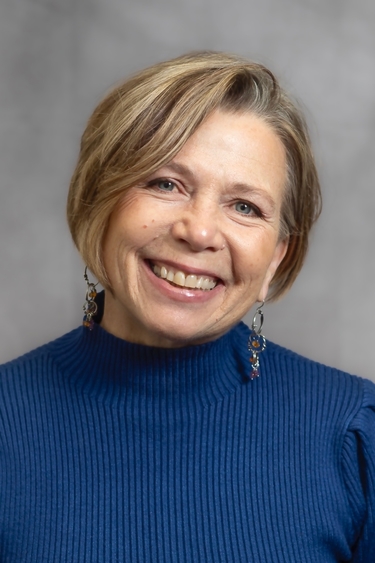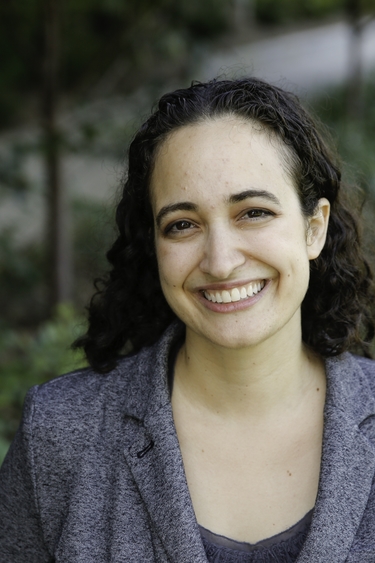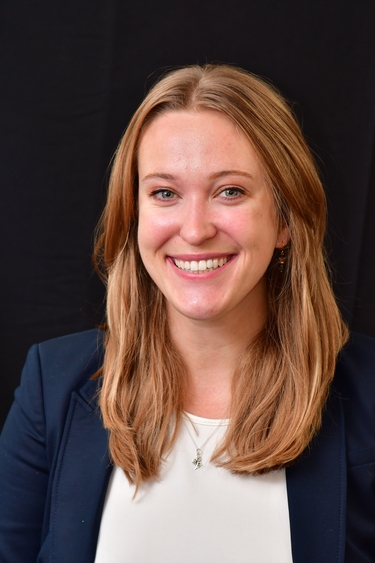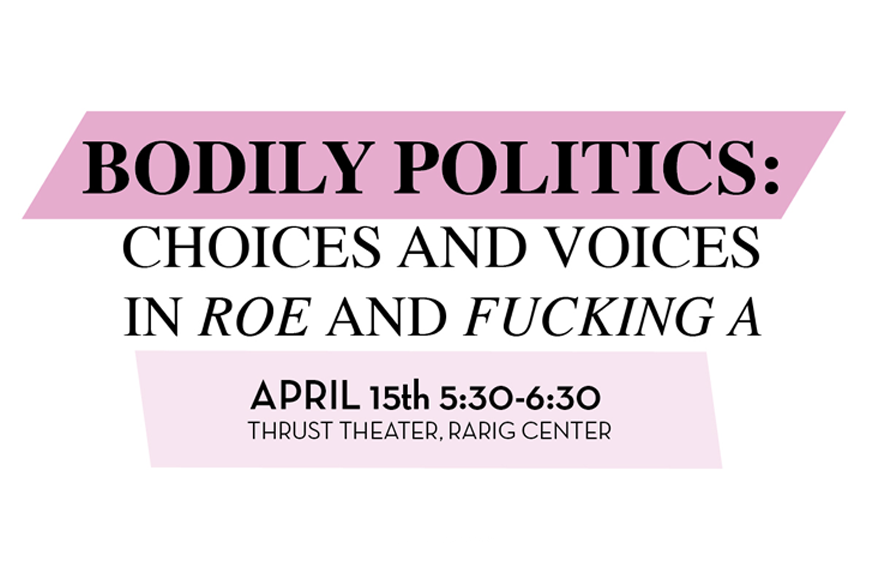Cross-Departmental Panel Discussion
330 21st Ave S
Minneapolis,
MN
55455
The Department of Theatre Arts & Dance productions of Roe by Lisa Loomer and Fucking A by Suzan-Lori Parks have showed us that “bodily autonomy” does not only refer to the issue of reproductive rights, but also how our social status can impact what choices are available to us and the ability to tell our own stories.
Please join Kym Longhi (Director of Roe; Intimacy Director of Fucking A) and a panel of university experts for a discussion on the many facets of “bodily autonomy.” Some questions we will be considering are: What are the complexities behind the concept and rhetoric of “choice”? How does theatre illuminate the possibilities and limitations of the legal system and civic action in protecting bodily autonomy?
Place: Thrust Theater, Rarig Center
Admission: This event is free and open to the public! Snacks will be provided.
Featuring:
Serra Hakyemez, Assistant Professor of Anthropology & Global Studies

Kym Longhi is a Senior Teaching Specialist in the BA Theatre Performance Program and the Artistic Director of Combustible Company. Prior to co-founding Combustible Company, she was a core company member with Margolis Brown ADAPTORS Company, collaborating and performing in all of their original work. Her passion is creating physically based theater that places the actor at the center of the creative process.

Emily Winderman is an Assistant Professor of Communication Studies who researches historical and contemporary discourses of reproductive justice. Her forthcoming book, Back-Alley Abortion: A Rhetorical History (Johns Hopkins University Press) critically traces the rhetorical life of the oft-cited phrase "back-alley abortion" to understand how it figured race, class, and gender in abortion politics from 1965-2018.

Mary Kate Wolken is a fourth year PhD Candidate in the Program in the History of Science, Technology and Medicine. Her research explores the role of women as patients and practitioners in the long-nineteenth century Iberian world. She is particularly intrigued by how the convergence of state, religious, and medical authorities’ attention in the reproductive female body impacted childbirth, reproductive practices, notions of maternity, and beyond.
